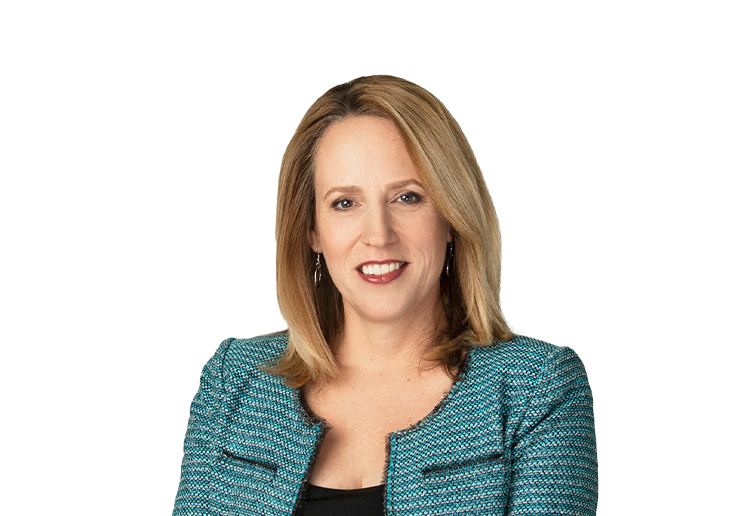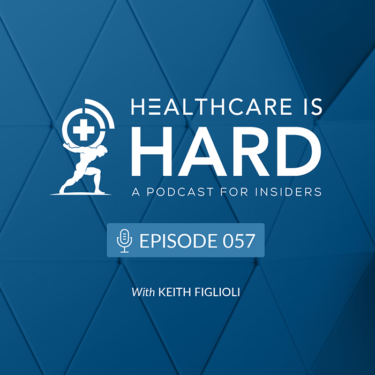
Before taking responsibility for operational performance of Booz Allen Hamilton – the $9+ billion technology and consulting leader with 32,000+ employees worldwide – Kristine Martin Anderson built a career pioneering healthcare IT. Most notably, she spent nearly 14 years at an early innovator in the space, CareScience, where she helped advance work in quality measurement before overseeing the launch of the nation’s first web-based clinical decision support system for hospitals, and the nation’s first health information exchange, among other groundbreaking initiatives.
After CareScience, Kristine joined Booz Allen in 2006 to help grow, and ultimately run, the firm’s healthcare business. Kristine later became president of the firm’s civilian sector and ultimately ascended to her current role as chief operating officer. Nearly all of Booz Allen’s business is through government contracts, and its clients include all of the cabinet-level departments of the U.S. federal government, from defense and homeland security, to transportation and public health.
Kristine’s extensive work with the government and experiences pioneering healthcare IT put her in a unique position to navigate the complex demands of the healthcare industry. She shared some of her knowledge with Keith Figlioli in this episode of Healthcare is Hard, where they discussed topics including:
- Advice for winning government contracts. Kristine’s biggest advice for organizations looking to drive healthcare innovation through government contracts is that it’s not a good side gig. She says working with the government is a commitment because it’s a customer with long sales cycles, unique requirements and a need for transparency. But it’s also a big customer, which she says has the best missions and really important tasks that have to get done.
- How AI adoption will be slow and uneven. Kristine shares the industry’s excitement for artificial intelligence (AI) and its potential to transform healthcare, but offers words of caution around expectations for rapid, widespread adoption. She points to the example of using AI to analyze radiology images – one of the first applications of AI in healthcare – and the fact that it has still only reached 2% of all images. She also predicts and discusses why government policy makers will be more reactive than proactive when it comes to regulating AI innovation.
- The state of quality measurement. “Culture is eating strategy for lunch in the measurement world,” according to Kristine. She says quality measurement has lost its way as an unintentional consequence of Meaningful Use and the movement towards linking quality measures to health IT. She laments how meaningful data still isn’t available to the public in a way that can help inform personal healthcare decisions and says reporting has become more about getting government incentive for healthcare organizations.
- Prospects for entrepreneurs. The need for innovation in healthcare is bigger than it has ever been before, and Kristine is optimistic about the ability to empower startups and the people behind them to change the world. Her advice for entrepreneurs is to closely monitor the issues that will affect adoption. She points out how the best ideas don’t always prevail and says that focusing on levers for adoption is just as important as an innovation itself.
To hear Keith and Kristine talk about these topics and more, listen to this episode of Healthcare is Hard: A Podcast for Insiders.
